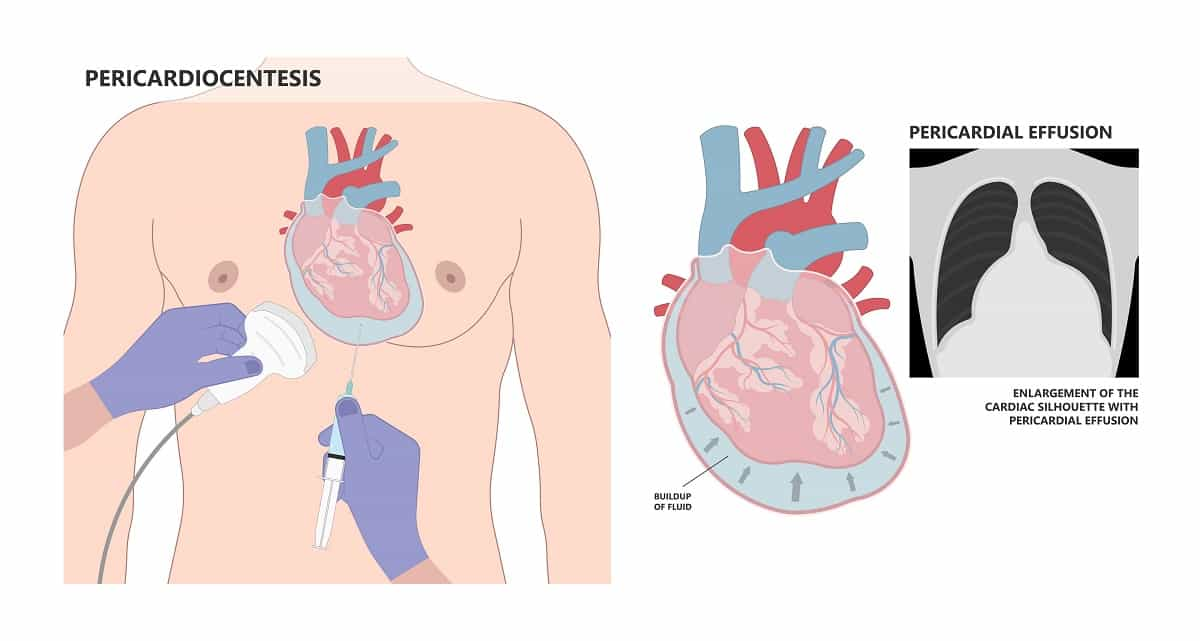Mesothelioma is a rare but extremely serious cancer that usually affects the serous tissue of the lungs , abdomen and heart . The main cause of mesothelioma is exposure to asbestos, a mineral that was once used in many industrial applications , including insulation, building materials and vehicle brakes.
Mesothelioma is an insidious disease that usually does not show itself until decades after exposure to asbestos . Symptoms can be very vague and include coughing, fatigue , shortness of breath, and chest pain . These symptoms are often mistaken for less serious health problems, making mesothelioma difficult to diagnose in its early stages. The incidence is rare. It predominantly affects men and represents 0.8% of all cancers diagnosed in the Italian male population. Most mesotheliomas affect the pulmonary mesothelium .
According to epidemiological data, the main risk factor is occupational exposure to asbestos , whereby all mesothelioma cases are reported in the National Mesothelioma Registry. Asbestos , or asbestos, is a very heat-resistant fibrous mineral with fibers longer and thinner than a human hair that can be easily inhaled, damaging cells . Dyspnea and cough, sometimes with hemoptysis, are the main respiratory symptoms initially due to the presence of pleural effusion, a pleural effusion. Nonspecific symptoms such as muscle weakness and weight loss may also occur.
Mesothelioma can also be accompanied by lower back pain or sharper pain. If mesothelioma affects the peritoneum, abdominal pain with nausea, vomiting, and ascites is common.
Once diagnosed, mesothelioma is often already in an advanced stage and the prognosis is extremely poor. The median survival for mesothelioma is only 12-21 months, and the five-year survival rate is less than 10%. This makes mesothelioma one of the deadliest types of cancer, with a shorter life expectancy than many other forms of cancer. If symptoms had been present in individuals with risk factors for memory, chest radiography, showing pleural abnormalities and a large unilateral pleural effusion, would have been taken first, followed by CT.
As mentioned earlier, exposure to asbestos is the leading cause of mesothelioma. Asbestos has been used extensively in the past because it is a durable mineral that is resistant to heat, fire and chemicals. However, asbestos has been banned in many countries around the world because it has been proven to be an extremely dangerous carcinogen.
Despite the asbestos ban, many people continue to be exposed to asbestos in the workplace or at home. People who work in buildings that use asbestos-containing materials , such as schools, hospitals and construction companies, have a higher risk of developing mesothelioma . Even people living in homes built in the 1970s or earlier can be exposed to asbestos in their walls, ceilings and floors .
Mesothelioma can be diagnosed with a variety of medical tests and procedures, including chest X-rays, echocardiograms, and tissue biopsies . However, an accurate diagnosis of mesothelioma is often difficult to determine because the symptoms can resemble other diseases of the respiratory system and abdomen.
Treatment for mesothelioma depends on the stage of the cancer and the overall health of the patient. Standard treatments include surgery, chemotherapy, and radiation therapy . Surgery is used to remove tumors, while chemotherapy and radiation are used to destroy cancer cells and prevent them from spreading.
In some cases, people with mesothelioma may be eligible to participate in clinical or experimental studies . These studies are medical research to find new treatments for mesothelioma. Clinical trials may be an option for patients who are not responding to standard treatments or are in exceptionally good general health.
In conclusion, mesothelioma is a dangerous disease that we must actively fight. It is important to educate the public about the existence of mesothelioma and the risks associated with asbestos exposure . Furthermore, we must continue research to find new and better treatments for this disease in order to improve the prognosis and quality of life of people affected by it.
You may also like
Combatting Hair Loss: Current treatments and promising studies
Hair loss affects millions globally, manifesting distinctively across genders. With varying incidences worldwide, understanding its causes is crucial. This article delves into symptoms, current treatments, and promising studies, shedding light on related skin and dental issues.
Acne: The disparities between teenage and adult acne
Acne, a common skin condition, affects millions globally, transcending age and geography. This article delves into the symptoms, the disparities between teenage and adult acne, and explores both traditional and revolutionary new treatments, including those still under trial. Additionally, it covers related dermatological issues like hair loss, atopic dermatitis, psoriasis, and dental care advancements.
Atopic Dermatitis: New treatments and research studies are transforming patient care worldwide.
A comprehensive exploration of atopic dermatitis, psoriasis, and related skin conditions including hair loss, acne, and dental care. New treatments and research studies are transforming patient care worldwide.
Dental Implants and Oral Hygiene: Methods and Treatments
This article delves into the world of dental implants and oral hygiene, exploring various methods and treatments available. It highlights the challenges associated with maintaining dental hygiene, the intricacies of implantology, and emerging research in the field. Additionally, it touches upon the innovative treatments for related concerns such as hair loss, atopic dermatitis, psoriasis, and acne.
